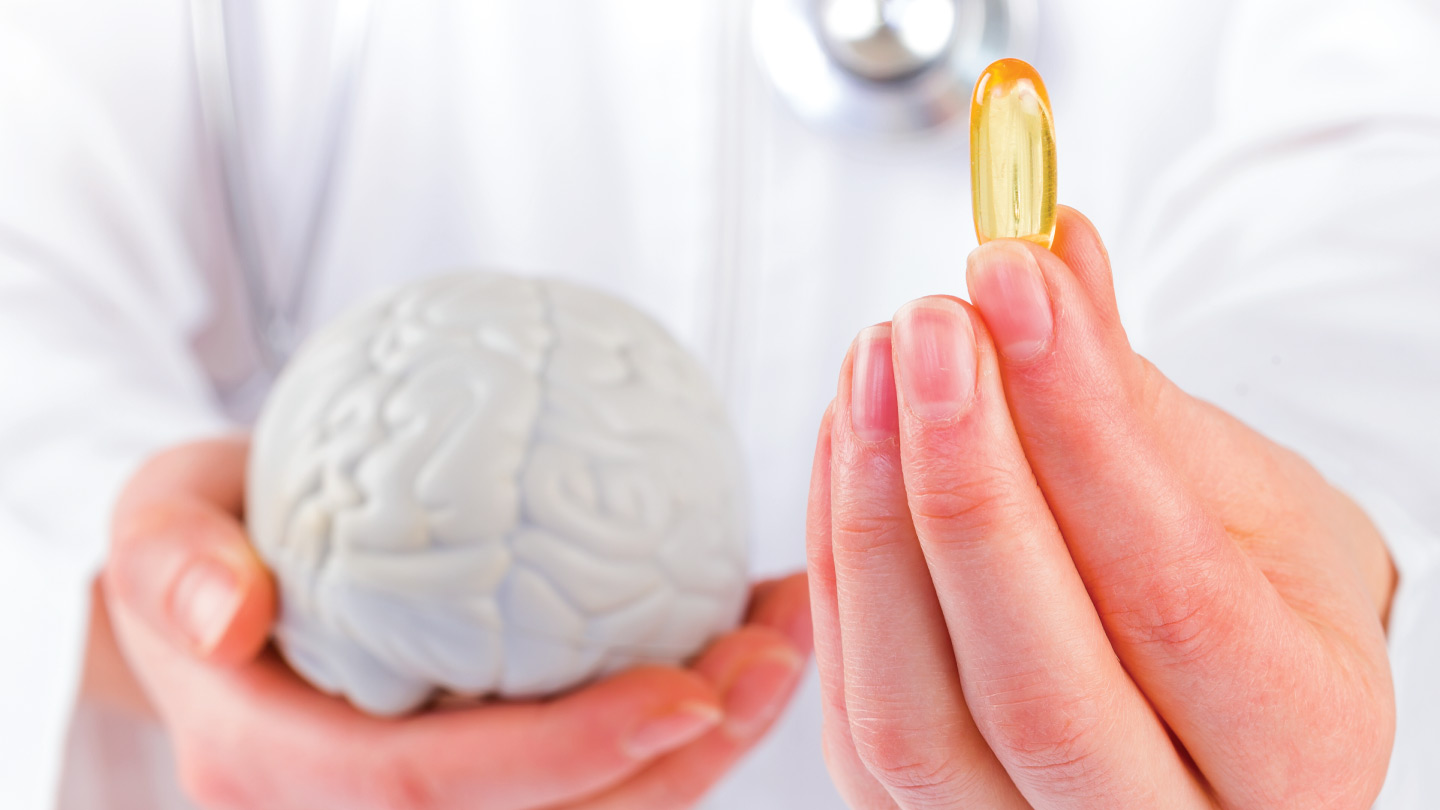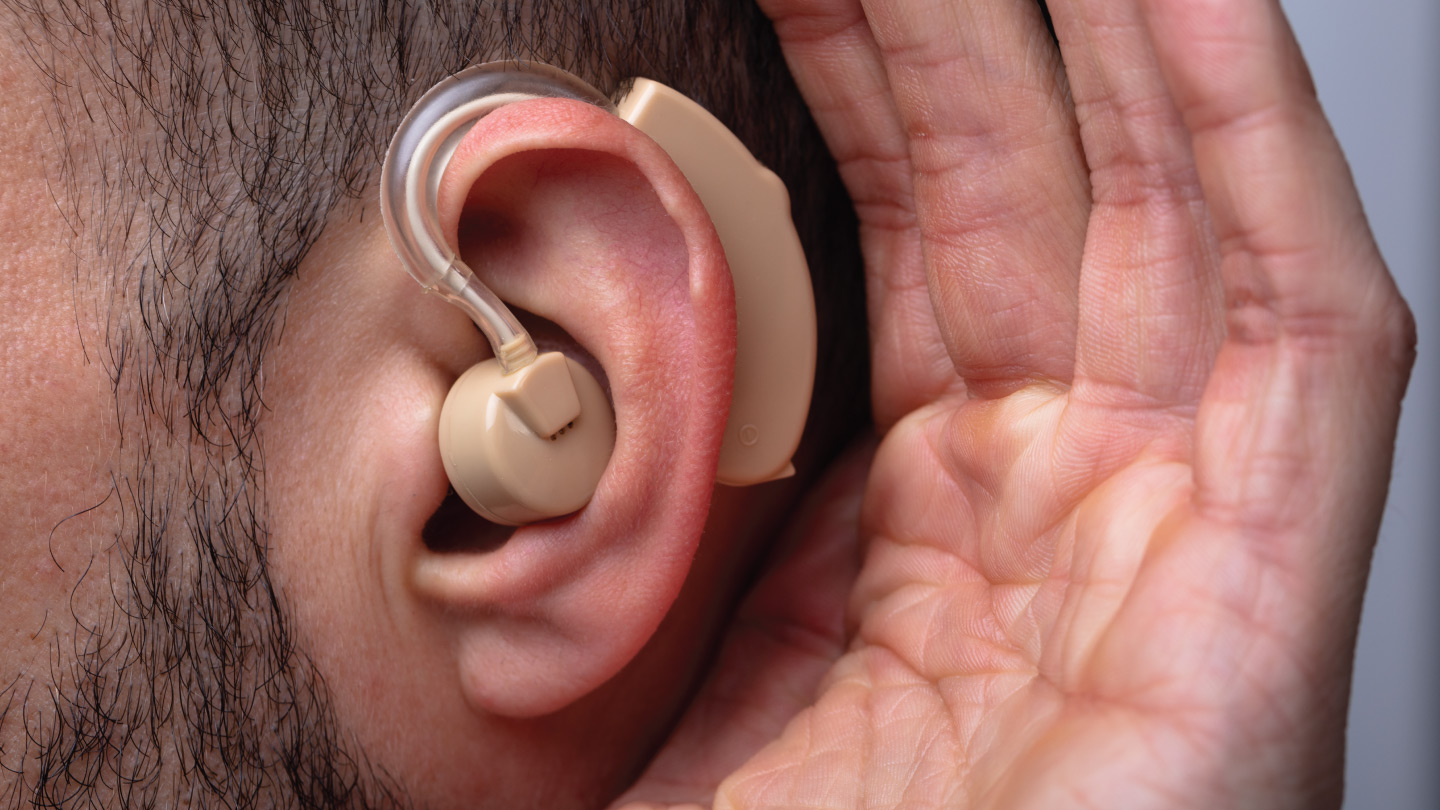Medical
Omega-3 Deficiency in Women: A Silent Risk Factor for Alzheimer’s
Recent studies suggest that women with low levels of omega-3 fatty acids are more likely to develop Alzheimer’s disease. Read to understand how this can impact you.

Women are two to three times more likely than men to develop Alzheimer's disease and show faster decline in certain cognitive domains. While ageing, hormonal changes, and longevity have all been considered, nutrition is emerging as another key player. Among nutritional factors, omega-3 fatty acids are being studied intensely. These essential fats are not made in sufficient quantities by the human body, yet they play critical roles in brain structure, inflammation control, and cell membrane integrity. Let’s unveil if an omega-3 deficiency can be one of the modifiable risks for Alzheimer’s in women.
What Are Omega-3 Fatty Acids and Why They Matter?
Omega-3 fatty acids: ALA, EPA, and DHA are called “essential fats” because your body cannot make them on its own. The only way to get them is through food. While ALA (alpha-linolenic acid) is found in plant sources like flaxseeds and walnuts, the body can only convert a very small amount of ALA into the more active forms, EPA (eicosapentaenoic acid) and DHA (docosahexaenoic acid). These two are especially important for brain, heart, and eye health. That’s why eating foods rich in EPA and DHA (like oily fish) or considering supplements is often recommended.
Related Story: Benefits of Omega-3 Fish Oil For Cardiac Patients
Omega-3s are vital for brain health. They help build and maintain the structure of brain cells (neuronal membranes), support smooth communication between nerve cells (synapses), and aid in forming the protective coating around nerves (myelin), which speeds up signals in the brain. They also help control inflammation, which, if unchecked, can damage brain tissues over time.
How Many Women Are Falling Short?
- A 2024 study published in the journal Nutrients focused on pregnant women and their intake of omega-3 fatty acids. The findings revealed that approximately 62 per cent of the participants had an omega-3 index (O3I) of less than 4 per cent, indicating a low level. About 35 per cent had an index between 4 per cent and 8 per cent, which is considered moderate, while only 3.6 per cent had an index above 8 per cent, a level deemed optimal.
- In India, the situation looks even more alarming: A 2023 study published in the International Journal of Reproduction, Contraception, Obstetrics and Gynecology found that 98 per cent of pregnant women from New Delhi showed a deficiency in EPA + DHA (long-chain omega-3s) regardless of their age, socio-economic status, or diet type (vegetarian vs non-vegetarian).
Related Story: Boost Your Energy With These Omega-Rich Snacks
Omega-3 and Alzheimer’s in Women: What Research Says
- A study published in 2025 in Alzheimer's & Dementia: The Journal of the Alzheimer's Association, conducted by scientists from King's College London and Queen Mary University London, is the first to highlight the significant role lipids may play in Alzheimer's risk between genders. The research found that women with Alzheimer's had notably lower levels of unsaturated lipids, particularly those containing omega fatty acids, compared to healthy women. This difference was not observed in men.
- Another 2025 study published in the Alzheimer's & Dementia journal looked at how omega-3 supplements affected thinking and memory in women. The researchers compared women who took omega-3s with those given a placebo. They found some modest benefits in short-term memory, attention, and processing speed, but the improvements were not consistent across all women. Importantly, the benefits seemed clearer in healthy women or those with mild cognitive issues, while results were less convincing once Alzheimer’s disease was already established. This indicates that omega-3s may play a stronger role in protecting the brain early on, rather than reversing damage once the disease has progressed.
The Takeaway: Protecting Women’s Cognitive Future
Women are more vulnerable to omega-3 deficiency, and this could influence their long-term brain health. While studies continue to uncover the precise links between diet and dementia, there are simple steps women can take now to protect themselves -
- Eat oily fish regularly: Aim for at least two servings per week of fatty fish such as salmon, mackerel, sardines, or trout. This ensures a steady supply of DHA and EPA, the most active forms of omega-3.
- Boost plant-based sources: Flaxseeds, chia seeds, walnuts, and soybeans are good sources of ALA. Though conversion to DHA/EPA is limited, they add fibre, antioxidants, and heart-healthy fats to the diet.
- Consider supplements wisely: For women who eat little or no fish, an omega-3 supplement (fish oil or algae-based for vegetarians/vegans) may help. Always check dosage and quality with a healthcare provider.
- Start early: Omega-3s seem most beneficial when taken consistently over the long term. Building healthy dietary habits in midlife or even earlier may offer stronger protection than starting late.
- Check your status: If you are pregnant, planning a pregnancy, or have a family history of dementia, ask your doctor about testing omega-3 levels or assessing dietary intake.
- Balance the overall diet: Combine omega-3 intake with a Mediterranean-style diet rich in vegetables, whole grains, legumes, nuts, and olive oil. This dietary pattern has repeatedly been linked with better brain and heart outcomes.
Omega-3 fatty acids are more than just “good fats,” they are building blocks of a resilient brain. With mounting evidence that women face unique risks when these nutrients are lacking, prioritising omega-3 intake is no longer optional, but essential. While Alzheimer’s cannot be prevented by diet alone, ensuring a steady supply of EPA and DHA through food or supplements may offer women a valuable layer of protection.
The message is simple: start early, stay consistent, and let nutrition be one of the cornerstones of safeguarding your cognitive future. Take care of your body and mind to feel your best. Sign up here to unlock holistic health.
EXPLORE MORE
You’re tired even after 8 hours of sleep, snapping at small things, and craving coffee like oxygen? That might not just be “adulting fatigue,” it could be high cortisol at play!
Hearing loss interacts deeply with emotional, social, and cognitive systems. When combined with loneliness, the risk to memory and thinking functions is especially strong.
Hypertension continues to rise in India, with millions depending on daily pills. Research is now revisiting Sarpagandha (Rauvolfia serpentina), an Ayurvedic herb, for its role in supporting blood pressure management.
Nearly all cases of cervical cancer are linked to the human papillomavirus (HPV). Now, a Mexican scientist may have found a breakthrough therapy that could change the future of women’s health.










